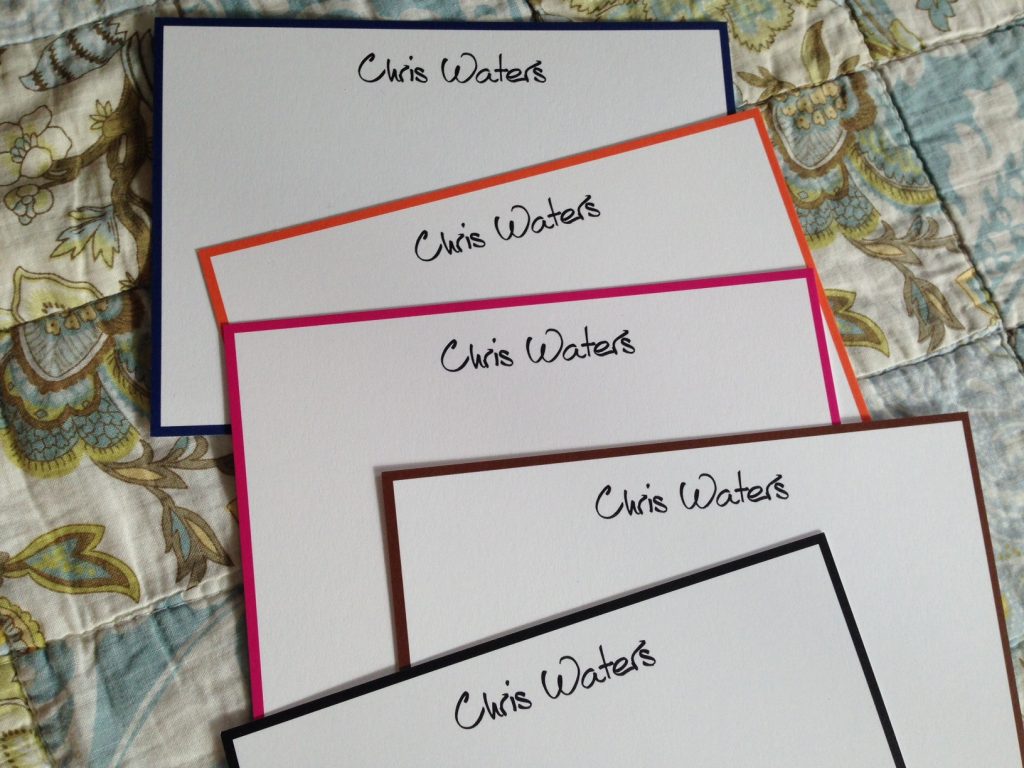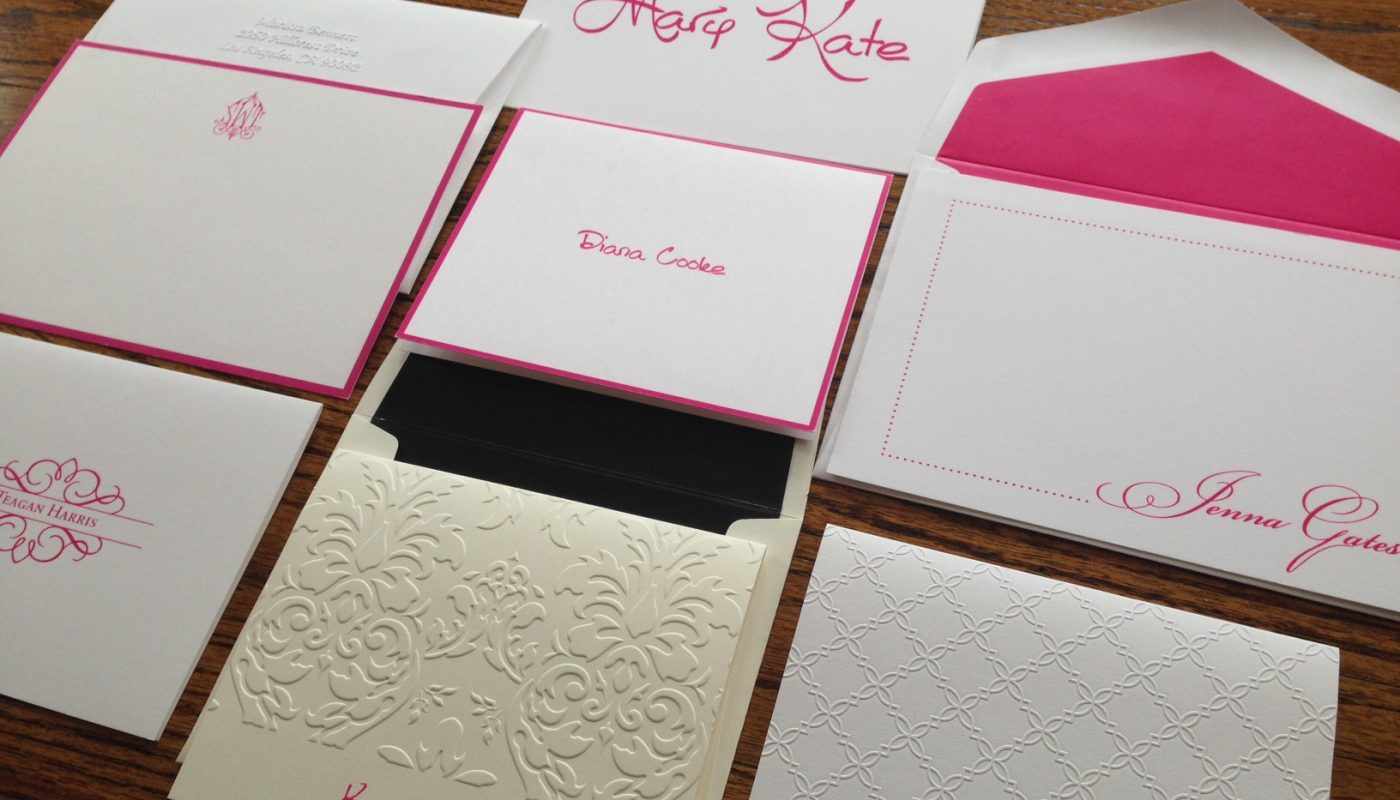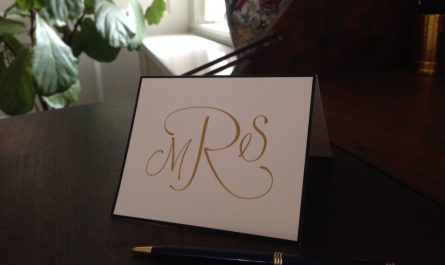Last week we launched our 3-part series of blogs on “The Art of Letter Writing.” We have already covered the tools and tips for being authentic in your writing so you can delight your readers and more fully enjoy the process of writing. This week, our topic is “Keep it (mostly) positive.” Because, while you most definitely want to be yourself, you also want to be a little choosey about the topics and tone you use in your letter writing. Keep it real. Keep it true. But keep it mostly positive.
Here’s why: we’re all busy. We all have challenges. We all find ourselves down — and even depressed — from time to time. There’s no need to minimize those feelings. And it’s okay to refer to them in a letter. But, save the hard-core whining, complaining and self-pity for your diary or your hairdresser.
Because, like I said above: we’re all busy. We all have challenges. We all find ourselves down, including …your reader! Reading an entire letter about complaints and ailments will just feel like turning on the 5 p.m. news. Who needs that negativity?
Write a letter that is emotionally balanced, so that when the reader puts it down, they’re not in a negative frame of mind. Give them the gift of positivity. Reading your letter should be like eating a delicious chocolate chip cookie with a nice cuppa coffee on the side. A boost of surgar and caffeine to put a swing in their step.
Be Honest. Not Fake.
By the same token, don’t be fake. One of the reasons social media is so damaging to people’s self-esteem is that often times people present a perfectly curated “perfect” picture of their lives that is actually not based in reality. When we encounter those social media posts, it’s hard to recognize that the “influencer” or “social media celebrity” is being insincere. It’s easy to assume their life is perfect, and in comparison, ours is decidely not perfect.
So, there’s no need to airbrush the dark parts of your life. If you find yourself going dark and gloomy, it’s certainly okay. Just be sure to include topics that are brighter and more positive. Express gratitude, love and joy. Share news. Convey ideas. If you’re responding to a letter, answer the questions posed by your correspondent. Be authentic. Be generous.
Think of your letter as a gift…one that will energize, entertain and excite your reader.

What If I Feel Angry Toward my Reader?
If you’re feeling angry toward the reader, write your letter, but then either consult a good pyschologist or social worker, your pastor or a valued mentor about whether you should even send it. Sometimes arguments can and should be settled in different ways.
And sometimes, the act of letter writing itself has a way of purging angry feelings out of us. Write it, rip it up, and move on with your life.
Finally, a word to the wise: letters have permanency that phone calls or face-to-face conversations do not. Sometimes people throw away their letters, but many people do not. Be sure that what you’re communicating will stand the test of time. Emotions are fleeting. Paper is not. Privacy is essential. Paper can be made public. If something requires confidentiality, or if your feelings are intensely strong…consider whether they really need to be shared in the letter. There are countless topics to explore that are appropriate for letter writing. For the few that aren’t, consider other ways of communicating them.





Excellent information. I’m reprinting it for the high school seniors that will be writing thank you notes soon.
Thanks so much for reading our blog! I’m so thankful for you sharing this information for your high school seniors. Graduation isn’t that far away!